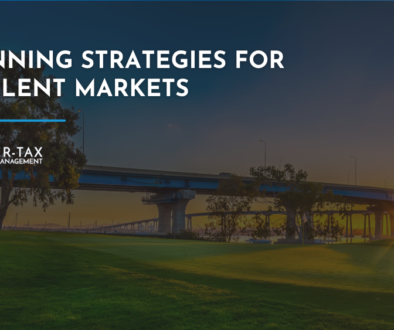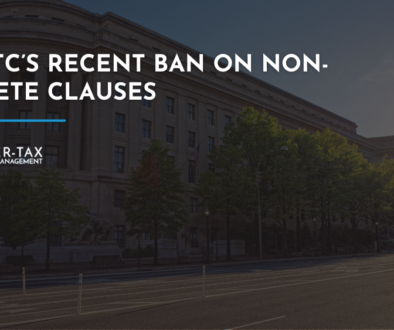High Income, High Debt: 10 Ways High Earners Can Prevent a Credit Crisis
A personal credit crisis is something many people fear, as it can lead to financial ruin and burden an individual with immense debt. Fortunately, steps can be taken to avoid such a crisis, even for high earners who may seem financially secure. When managed poorly, credit can invite various potential issues, including problems with enforceable legal judgments, fraud, overspending, and negative impacts on your credit score. Here are ten ways high earners can strategically manage their finances.
-
Budget and track expenditures
It’s essential to maintain a strict budget irrespective of the size of one’s income. Uncontrolled spending can lead to incurring a significant amount of debt, which in turn can trigger a credit crisis. High earners should always keep a detailed record of their expenditures to prevent overspending and stay within their budget.
-
Diversify income streams
While high earners may seem financially secure, relying on a single source of income can be risky. Diversifying income streams is an effective way to help address financial stability and mitigate a credit crisis by using credit when funds are scarce. If appropriate, consider passive income sources like real estate, stocks, or bonds.
-
Conduct regular financial audits
High earners must regularly audit their financial health to check uncontrolled spending, investment performances, and wealth accumulation. High earners must also periodically audit their credit reports to detect any errors or anomalies that could negatively affect their credit scores. In case of discrepancies, it’s crucial to initiate a dispute promptly to preserve a favorable credit status.
Another aspect of financial audits is monitoring interest rates, which impact the interest rate on credit cards, revolving lines of credit, and some loans that high-earners may carry. The higher the interest rate, the more the credit will cost over time.
-
Avoid unnecessary debts
Due to the vast credit card limits that high earners enjoy, using credit cards responsibly is essential. The higher the balance on a credit card, the more adverse the effect on a credit score.
High earners should avoid taking on unnecessary debts, which can lead to financial instability and potentially trigger a credit crisis. Avoid debts incurred through credit cards, unsecured loans, and high-risk investments.
-
Maintain an emergency fund
An emergency fund can be a safety net to cover unexpected expenses. Emergency funds provide a financial buffer that prevents the need to take on high-interest short-term debt, which could lead to a potential credit crisis.
-
Stay insured
Maintaining appropriate insurance policies to protect against unforeseen circumstances that may cause financial hardship is crucial. These include health insurance, disability insurance, liability insurance, property and casualty insurance, and long-term care insurance to protect assets against unforeseen legal judgments or collections.
-
Engage in Financial Education
High earners should continuously educate themselves about personal finance, investment strategies, tax laws, and other relevant topics to make informed financial decisions and prevent financial mishaps that could lead to a credit crisis.
-
Hire a financial professional
A financial professional can provide professional guidance on managing wealth and debt, tax planning, retirement planning, and other financial aspects. They will provide valuable advice and strategies to help high-earners work toward their goals while addressing credit issues.
-
Protect against fraud
Due to their wealth, high earners can be attractive targets for scammers. Therefore, preventing fraud by regularly checking credit reports, safeguarding personal information, and setting up fraud alerts on credit and bank accounts is crucial.
-
Save for retirement
High earnings do not guarantee a financially confident retirement. Therefore, it is essential that high-earners consistently save and invest for retirement, regardless of their current income level. Without financial confidence, high-earners may resort to credit use during retirement, which could lead to financial insecurity later in life.
Financial independence for high earners is about earning a high income and managing it responsibly. These preventive measures can help high earners manage their wealth and credit, maintain a positive credit score, and help mitigate a credit crisis.
Important Disclosures:
The opinions voiced in this material are for general information only and are not intended to provide specific advice or recommendations for any individual.
This article was prepared by Fresh Finance
LPL Tracking #527484




